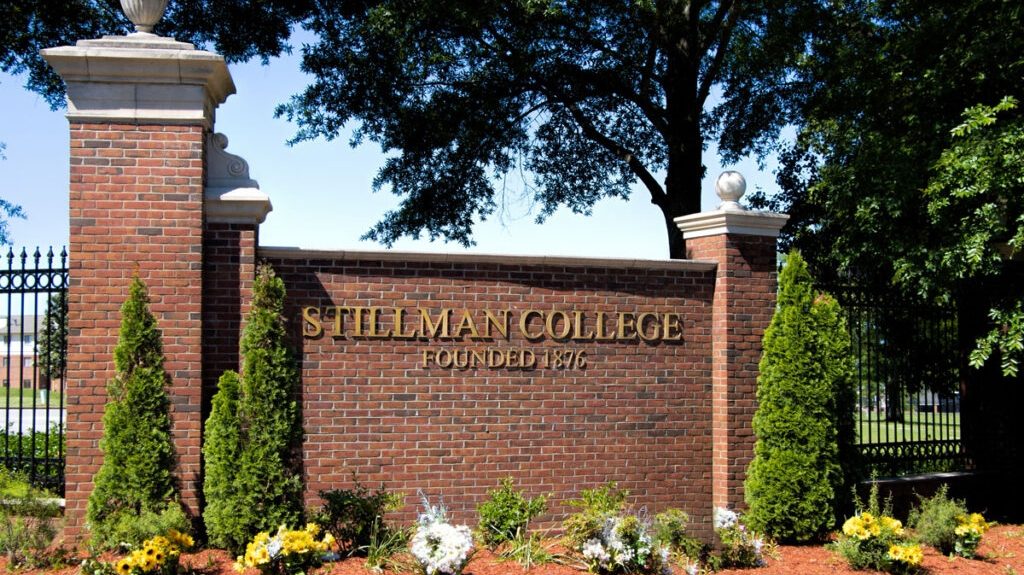Stillman College aims to shape the direction of artificial intelligence education on HBCU campuses thanks to a six-figure grant from the Mozilla Foundation. A trio of Stillman College professors was awarded a $150,000 grant as part of the Responsible Computing Challenge designed to “ensure the next generation of digital builders creates technology in the public’s interest,” according to the foundation.
Dr. Fallon Wilson, Senior Fellow for Digital and Race Studies in the H.E.A.R.T. (Humanity Ethics Arts Responsible Technology) Center, will lead the work along with Dean Isaac McCoy, School of Business, Entrepreneurship, and Computational & Information Sciences, and Dr. Kevin Harris, program chair of the Department of Computational and Informational Sciences and the Executive Director of Stillman’s Cybersecurity DEI Clinic. Wilson noted that the work of the future of AI is connected to Stillman’s history of training students to make a difference.
“Our students are first generation and missing the technical skills,” Wilson said. “They already come in wanting to make an impact and change the world. We know our students already have the talent, drive, and ambition to do this work. We want to make sure our faculty can help shape it.”
The Mozilla Foundation’s grant will cover the costs of assisting HBCU professors with developing curriculum, experiential learning, and syllabi so that students are prepared to enter a workforce with emerging technology and help shape the rules that govern access and usage.
“Stillman has done such great work to build out the cybersecurity footprint and to becoming a community anchor institution,” Wilson said. “Stillman has the opportunity to help translate this world by educating the faculty in the humanities and social sciences.”
Wilson said the grant is notable because large funders like Mozilla recognize the impact and work being done on HBCU campuses.
“They’re doing the work, but no one is paying them for it or recognizing their genius,” she said. “I don’t think our funders can see us, and they should see us.”
From the institution’s Presbyterian roots to train Black men for the ministry until now, Wilson said Stillman has always been concerned with considering the deeper issues of society, and that now includes technology.
“How do we prepare HBCUs nationally to be leaders in the space of responsible and transparent AI,” Wilson asked.
The work is timely, too, considering President Joe Biden’s recent Executive Order that “establishes new standards for AI safety and security, protects Americans’ privacy, advances equity and civil rights, stands up for consumers and workers, promotes innovation and competition, advances American leadership around the world, and more.”
Beneficiaries of Wilson, McCoy, and Harris’ work will have the opportunity to participate in a Black Public Interest Technology course to learn more about the future of tech and to begin the development of syllabi that will support the curriculum across 107 HBCU campuses.
The work will start in 2024.




















































